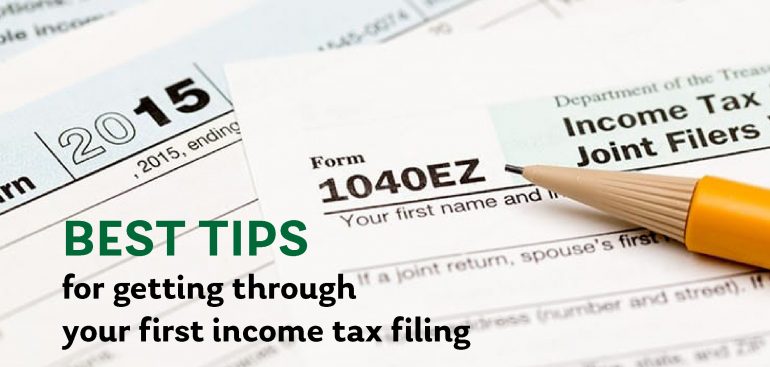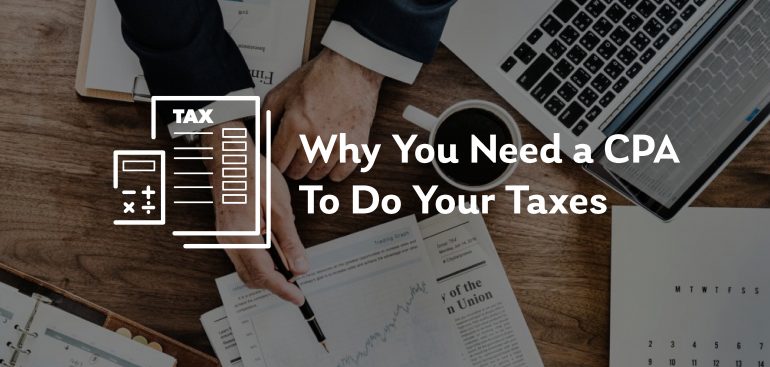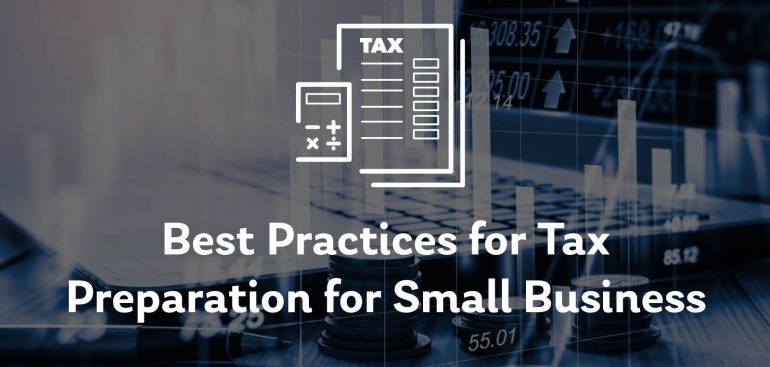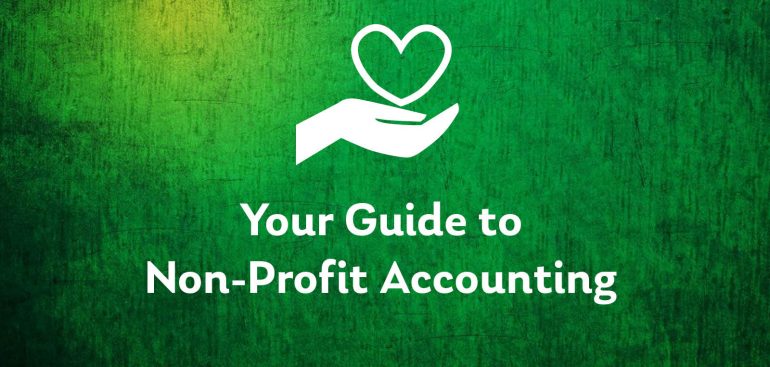From individuals and families to non-profits and government contractors, tax season seems to appear faster and faster each year. An extension of time to file gives you more time to prepare your federal tax return.
Although you may request up to an additional six months to file your individual income tax return, this does not grant you any extension of time to pay your taxes. It is also essential that you apply for an extension no later than the regular due date of your return.
Here are three ways you can request an extension:
1. E-file Your Extension Request
Regardless of your income, individual tax filers can submit their Extension Request with the assistance of a tax professional who uses e-filing. Keep the electronic acknowledgement that the IRS has accepted your filing for your records.
2. Make a Payment and Get an Extension
Another way to get an extension is to pay all or part of your estimated income tax due and indicate that the payment is for an extension. Use IRS Direct Pay, EFTPS: The Electronic Federal Tax Payment System, or your credit or debit card. The confirmation number you receive for your records means that you do not have to fill out a separate extension form.
At Georgen Scarborough Associates, PC we have never wavered from our commitment to give each client the personal attention they deserve. For more information on how to apply for a tax return extension, please contact us today. Our tax preparation experts are ready to assist you with tax returns for individuals and small businesses.










